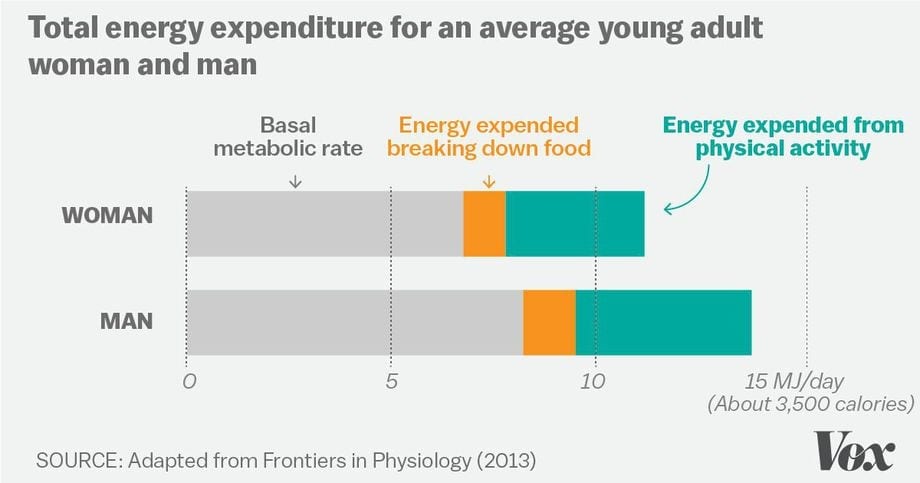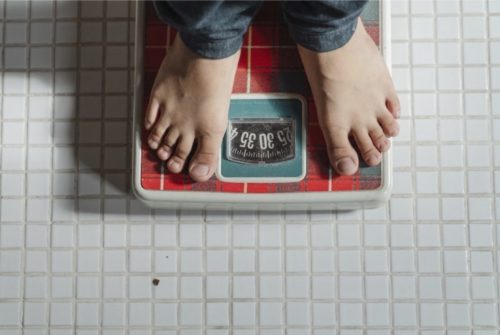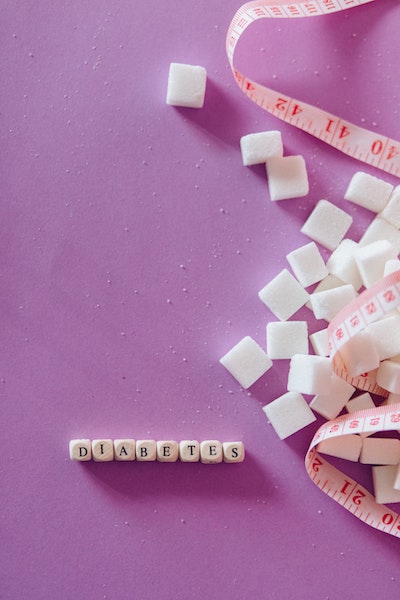
Exercise or nutrition?
This debate has been a point of contention in the weight loss community for quite some time. And if cultural popularity is an indicator of success, it seems like exercise is on top right now. The dramatic rise of new gym chains, spin classes, and CrossFit communities show the recent emphasis on cardio and strength training as a means of healthy living. But just how much does exercise help with weight loss? The answer may surprise you.
There is no denying the health benefits that come with exercising regularly. It promotes bone and muscle strength, it can reduce your risk of chronic disease, it helps duration and quality of sleep, and people who do it just seem to be happier in general.
However, if you’re trying to lose weight and you’re only focused on working out, chances are you’re going to be disappointed with the results. What you eat and how often you eat it is going to have a much larger impact on weight loss than any cycling club or gym membership. We’re not saying that exercise has no effect on weight loss. It definitely has an important role to play, but it’s not the pound-shredding superhero that you might think. It’s time to debunk the “Exercise > Nutrition” theory once and for all.
Calorie Burning Breakdown
Weight loss hinges on the number of calories that we consume, compared to the number of calories that we burn. In order to understand how we burn calories, it’s first important to know how our bodies expend energy.
Alexxai Kravitz is a doctor, obesity expert, and contributor at the National Institute of Diabetes and Digestive and Kidney Diseases, and he breaks down energy expenditure into three basic components:
- Basal metabolic rate is the energy used to keep our bodies operating. This includes basic functions such as breathing, blood circulation, and cell production. According to Kravitz, this accounts for 60-80% of our bodies’ total energy expenditure.
- The energy used to break down food accounts for about 10%.
- Physical activity makes up the remaining 10-30% of energy expenditure. Exercise is only a small portion of this component, as “physical activity” includes any movement that we make throughout the day (walking, moving your arms, fidgeting, etc.).

With exercise only comprising a small percentage of our daily energy output, and food accounting for all of the calories that we consume, it’s clear that a healthier food plan has a much greater impact on weight loss than your workout plan.
Work Hard, Eat Harder
One of the most common pitfalls of exercise is overeating afterward. Exercise has a confusing impact on appetite, but for many people who are trying to lose weight and are starting a new regimen, they can be left feeling weak and hungry after a long workout. This causes them to overindulge, negating the work that they just put in.
In some cases, people use exercise to justify eating something unhealthy. The twenty minutes that they spent on the treadmill is rewarded with a double cheeseburger and fries… And they end up with a net negative impact on their daily workout.
Another classic weight-loss trap occurs when people misrepresent the number of calories that they burned. Not all workouts are created equal, and if you don’t have a smartwatch or Fitbit, it can be almost impossible to know the exact results. People end up ball-parking their caloric burn rate, and oftentimes they overestimate just how beneficial their exercise routine really was. They eat more than they should in an effort to make up for the calories that they thought they lost, and the cycle of frustration continues.
You Can’t Outrun Bad Habits
It’s so easy to undo all of your hard work in a matter of moments. A Harvard Medical study found that a 155-pound person who swims at an average pace for 30 minutes will burn around 225 calories. That workout can be canceled out with 2 glasses of red wine, which is around 250 calories. The calories burnt while kayaking for half an hour can be undone with 4 chocolate chip cookies.
The imbalance between a couple of bites of food and the workout needed to burn off those bites is pretty incredible. Unless you’re burning thousands of calories every day through rigorous exercise, it’s going to be tough to lose weight without making sacrifices and breaking some of those bad food habits.
Nutrition First, Exercise Second

Sustainable weight loss requires a plan. It’s easy to decide that you want to lose some weight. It’s much harder to make a blueprint for how you’re going to make it happen and then stick to that blueprint.
Establishing an exercise regimen is important, but it’s even more important to put nutrition first. Once your body acclimates to the changes that you’ve made in food consumption, it will be easier to implement a workout schedule that fits your lifestyle. Check this out if you need some help getting your exercise plan off the ground.
Remember that this journey is a marathon, not a race. Take it one day at a time, and commit yourself to the process. Eat smarter, live better.




